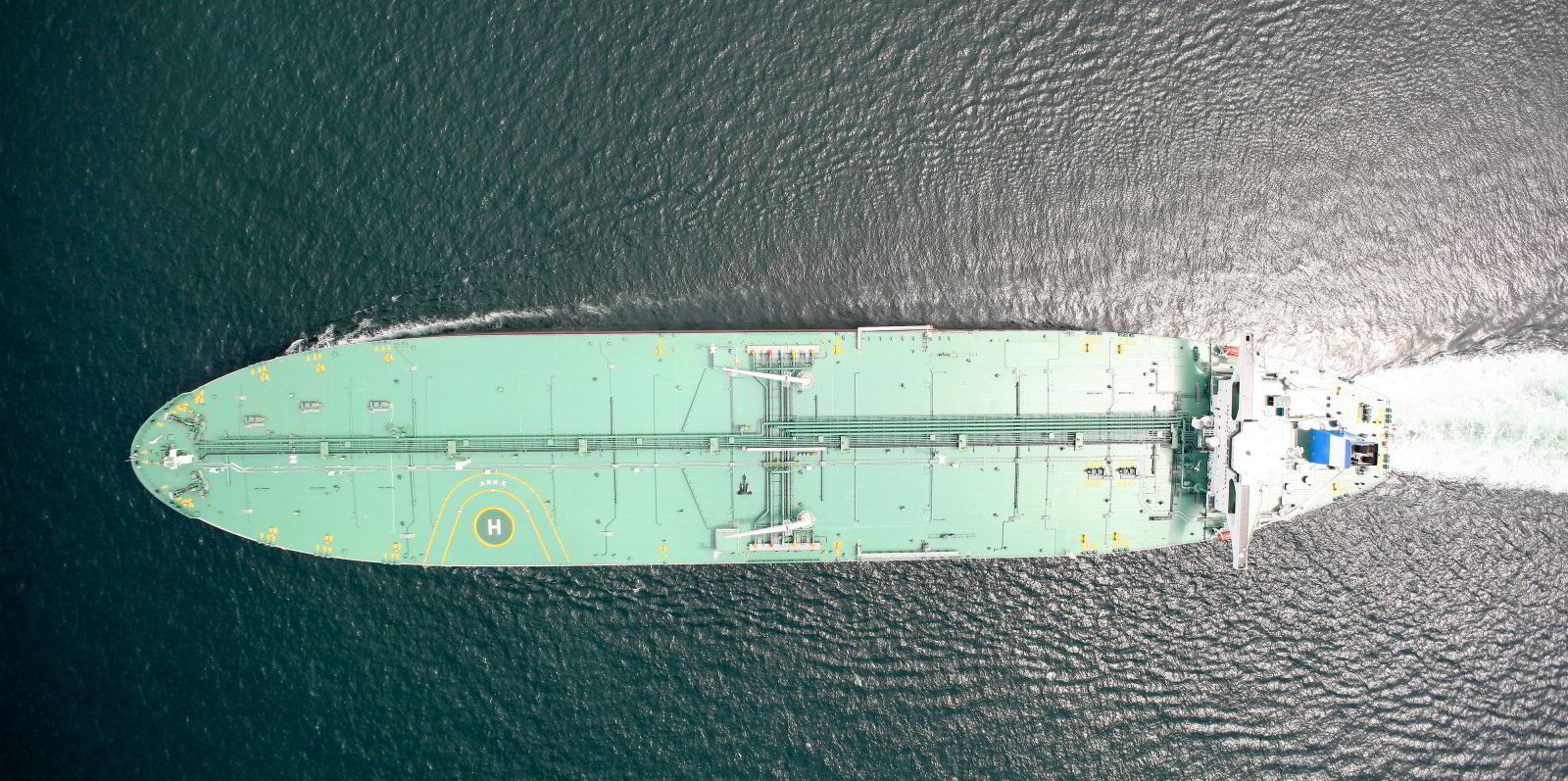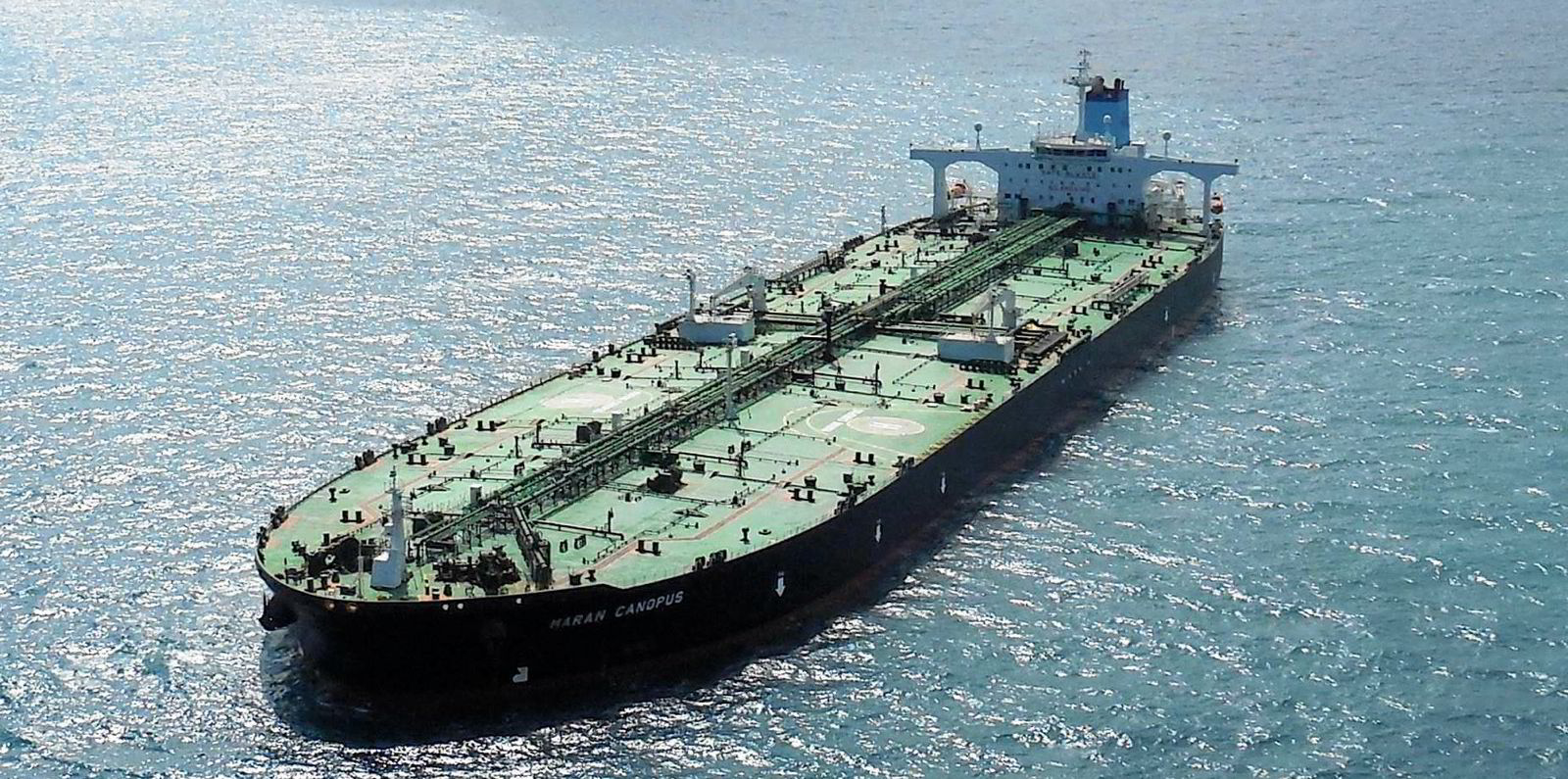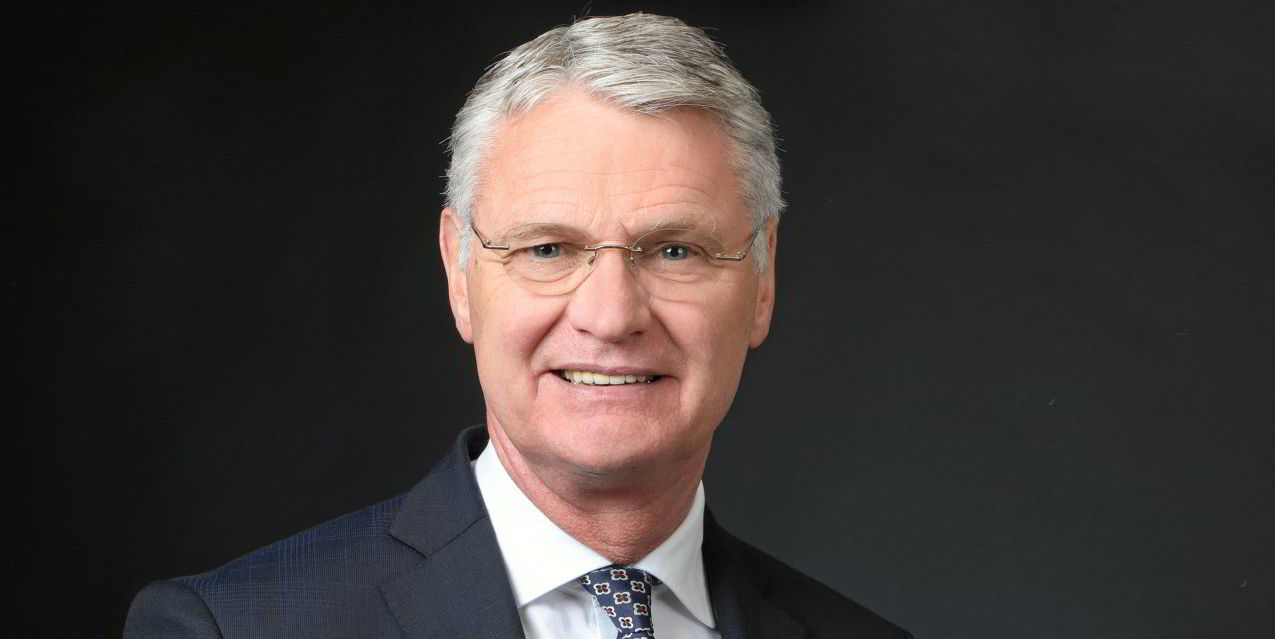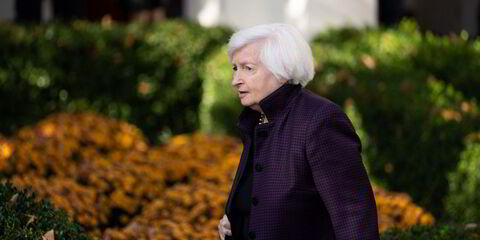When Opec+ agreed to raise crude production between May and July, the boost in oil supply might have been expected to cause oil prices to head downwards.
Instead, prices rose after the output hikes were announced on 1 April.
That is because the surprise move is being seen by oil market watchers as a sign that producers in the grouping, made up of Opec with Russia and its allies, are becoming more confident in a rebound in oil demand.
And that in turn is a positive sign for crude tankers, particularly VLCCs, as some analysts believe another round of production hikes could be on the cards in the near future.
As TradeWinds reported on Thursday, Opec+ agreed at a ministerial meeting to boost output by more than 2m barrels per day (bpd) between May and July. As part of that, Saudi Arabia will put 1m of previously cut output back into the market.
The move was unexpected, as officials had appeared less sanguine about a crude demand rebound only a month earlier.
"Many market participants anticipated a further deferral of production increases and thus the latest agreement was quite unexpected," said analysts Frode Morkedal and Omar Nokta at Clarksons Platou Securities, a shipping focused investment bank.
No sell-off
"Interestingly crude oil prices responded favourably to the announcement, signalling perhaps increased confidence in the improvement currently underway in oil demand."
The resulting boost for tankers will particularly help VLCCs, which had been hardest hit by previous Opec+ cuts, the analysts said.

"We view this added production as very positive for the tanker sector and will likely be followed by more output increases in the subsequent months," Morkedal and Nokta wrote in a note for clients.
The helping hand from Opec+ came as VLCCs have spent a large chunk of the first three months of the year facing loss-making rates in the spot market.
Before the Baltic Exchange closed for Friday's public holiday, the shipping marketplace assessed VLCC rates at barely above break-even levels of Worldscale 33.25 on the benchmark route between the Middle East and China.
That equates to time-charter equivalent earnings of just $856 per day on 1 April, down from $1,371 per day a week earlier and from $17,842 at the end of 2020.
After a fixing lull during the Easter period, spot market attention will now turn to VLCC bookings for the remainder of April.
Tankers International shows 17 of an expected 39 VLCC cargoes remain unbooked in the Middle East Gulf for the decade, as 10-day chartering windows are known, that ends on 20 April.
Another 44 cargoes are expected to be fixed between 21 and 30 April in the region.
The market impact of the release of new barrels could be tempered by ships returning to the market from storage duties.
Storage nears pre-pandemic
McQuilling Partners, a New York tanker broker, said in its blog that the move by Opec+ comes as the amount of VLCCs used in floating storage has pulled back to approach pre-pandemic levels.
After floating storage peaked to more than 100 VLCCs last summer, an estimated 30 to 35 of the large tankers are locked into storage work.
McQuilling expects another five to 10 VLCCs will return to trading work in the next 30 days, which will add to supply-side pressure on the spot market.
"However, the projected increase of crude supply beginning in May should begin to show up as increasing fixture activity by the second half of April," the shipbroking house said.
McQuilling also noted that the output boost by Opec+ will not lead to a 2m bpd spike in exports, because demand from refineries and for direct use in the Middle East rises in the summer months.
Saudi Arabia's own internal demand is expected to rise at a level in May and June that will effectively wipe out the impact of its production hikes in those months.
Of the remaining 525,000 bpd to be hiked by the rest of Opec+ during those months, about 80% will go on VLCCs, McQuilling said, which ads three to four VLCC liftings in May and June.
"With 25 VLCCs carrying over from last month in the [Middle East Gulf] position list, and more ships unwinding from floating storage, it is unlikely that any meaningful support in the freight structure is found in Q2," McQuilling said.





